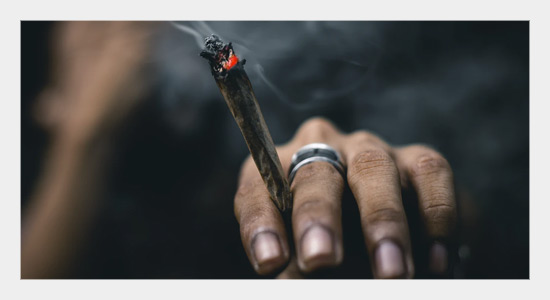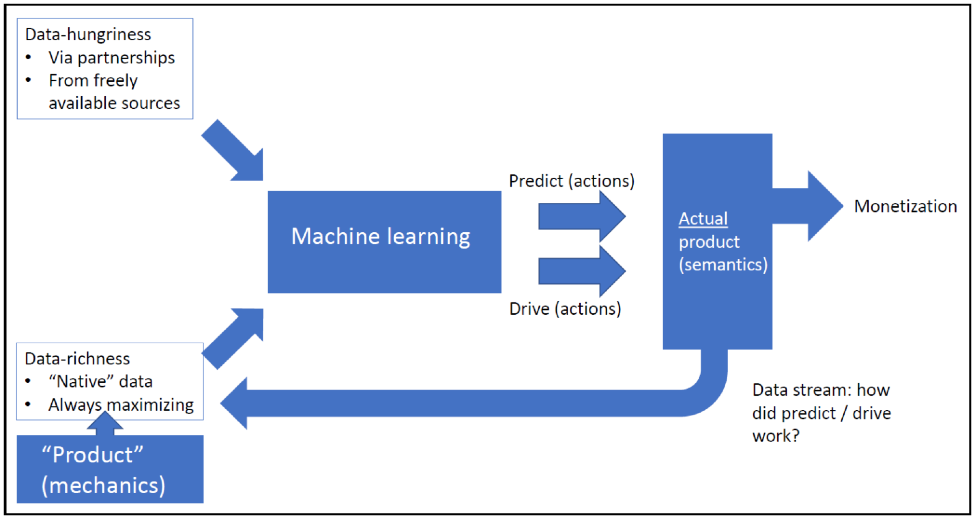Machine learning application for predicting smoking cessation
4.6 (87) In stock
4.6 (87) In stock
Identifying determinants of smoking cessation is critical for developing optimal cessation treatments and interventions. Machine learning (ML) is becoming more prevalent for smoking cessation success prediction in treatment programs. However, only individuals with an intention to quit smoking cigarettes participate in such programs, which limits the generalizability of the results. This study applies data from the Population Assessment of Tobacco and Health (PATH), a United States longitudinal nationally representative survey, to select primary determinants of smoking cessation and to train ML classification models for predicting smoking cessation among the general population. An analytical sample of 9,281 adult current established smokers from the PATH survey wave 1 was used to develop classification models to predict smoking cessation by wave 2. Random forest and gradient boosting machines were applied for variable selection, and the SHapley Additive explanation method was used to show the effect direction of the top-ranked variables. The final model predicted wave 2 smoking cessation for current established smokers in wave 1 with an accuracy of 72% in the test dataset. The validation results showed that a similar model could predict wave 3 smoking cessation of wave 2 smokers with an accuracy of 70%. Our analysis indicated that more past 30 days e-cigarette use at the time of quitting, fewer past 30 days cigarette use before quitting, ages older than 18 at smoking initiation, fewer years of smoking, poly tobacco past 30-days use before quitting, and higher BMI resulted in higher chances of cigarette cessation for adult smokers in the US.

Using machine learning to extract

Performance of different machine learning models for prediction of

PDF) Are the relevant risk factors being adequately captured in

PDF) Towards a Smart Smoking Cessation App: A 1D-CNN Model Predicting Smoking Events

Synthetic oversampling based decision support framework to solve class imbalance problem in smoking cessation program

Applied Sciences, Free Full-Text

PDF) A machine-learning approach for predicting success in smoking cessation intervention

Using machine learning to extract

PDF) Machine learning application for predicting smoking cessation among US adults: An analysis of waves 1-3 of the PATH study

Early prediction of incident liver disease using conventional risk factors and gut-microbiome-augmented gradient boosting - ScienceDirect

David Mendez's research works University of Michigan, Ann Arbor

The 7 Habits of Highly Effective AI - UC Berkeley Sutardja Center

Applied Sciences, Free Full-Text